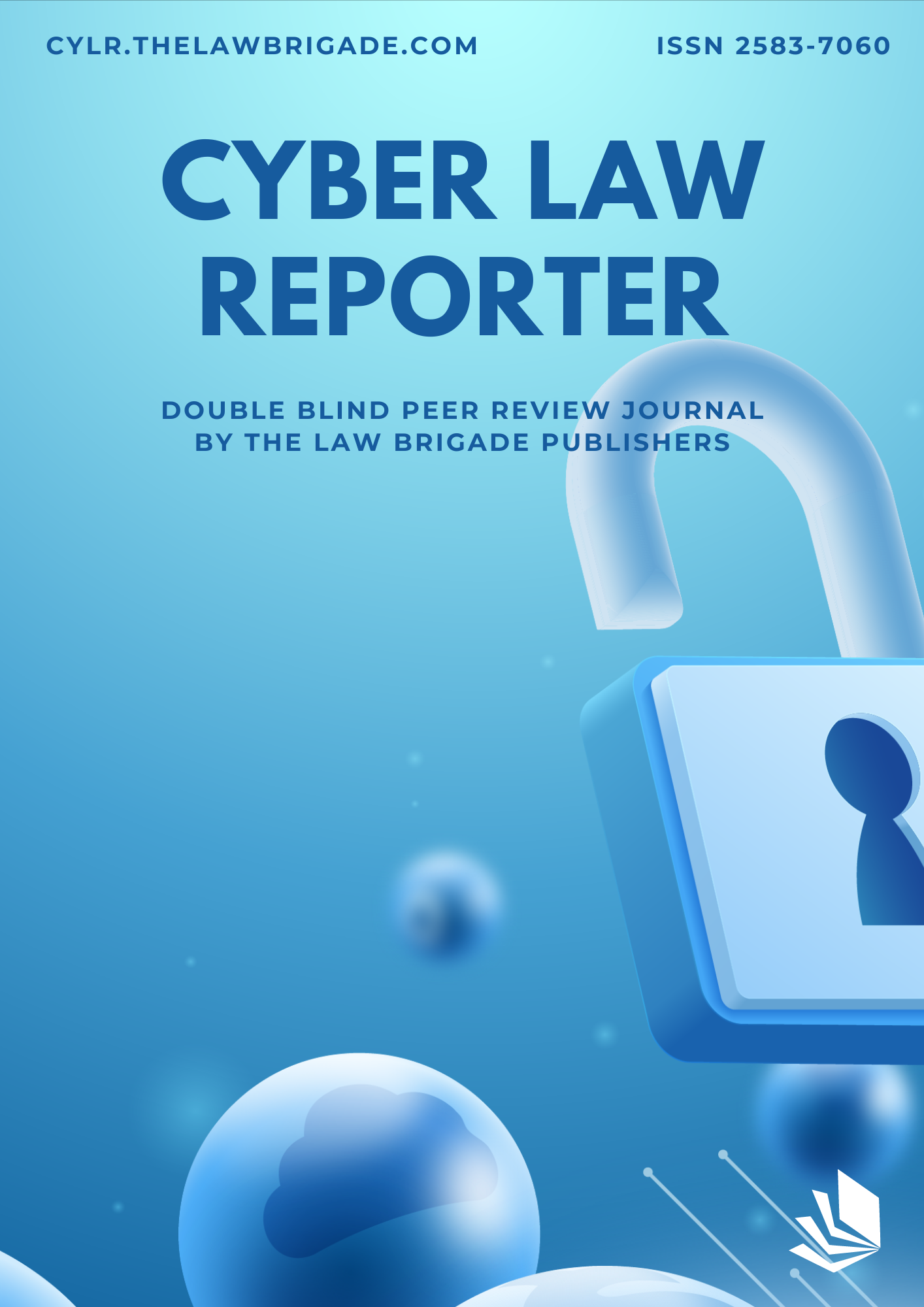Society is progressive and always changing by nature. Nothing endures forever. The law must adapt to the changing needs of society as a result of societal development over time. If current sociological conditions continue to dictate the application of the law, it would be like stagnant water, with more drawbacks than benefits. However, there are some rights that cannot be restricted under any circumstances. These are the rights that people naturally possess as members of the human race; no government has the authority to create them or take them away, unless there are very special circumstances. They are considered fundamental rights because they are necessary for a dignified life and for that reason alone. People’s fundamental rights are recognised by a number of international treaties, conventions, and protocols, including the Universal Declaration of Human Rights, the International Convention on Civil and Political Rights, and the International Convention on Economic and Social Rights.[i] These rights include the freedoms of expression, privacy, religion selection, life, liberty, and education, among others. The Indian Constitution guarantees everyone in the country some fundamental rights.[ii] The key question at hand is whether or not we also have fundamental rights in the digital sphere. If so, how can they be protected especially for the women?
[i] Alexandra Rengel, “Privacy as an International Human Right and the Right to Obscurity in Cyberspace”, Groningen Journal of International Law, Vol. 2, No. 2, (2014).
[ii] Ibid.





